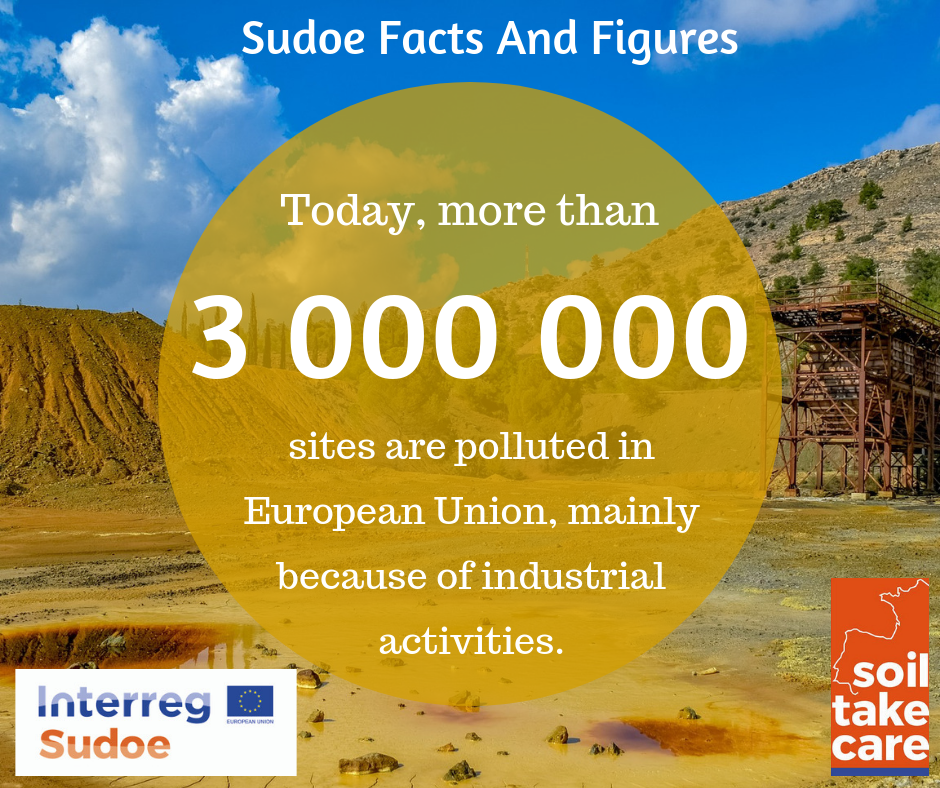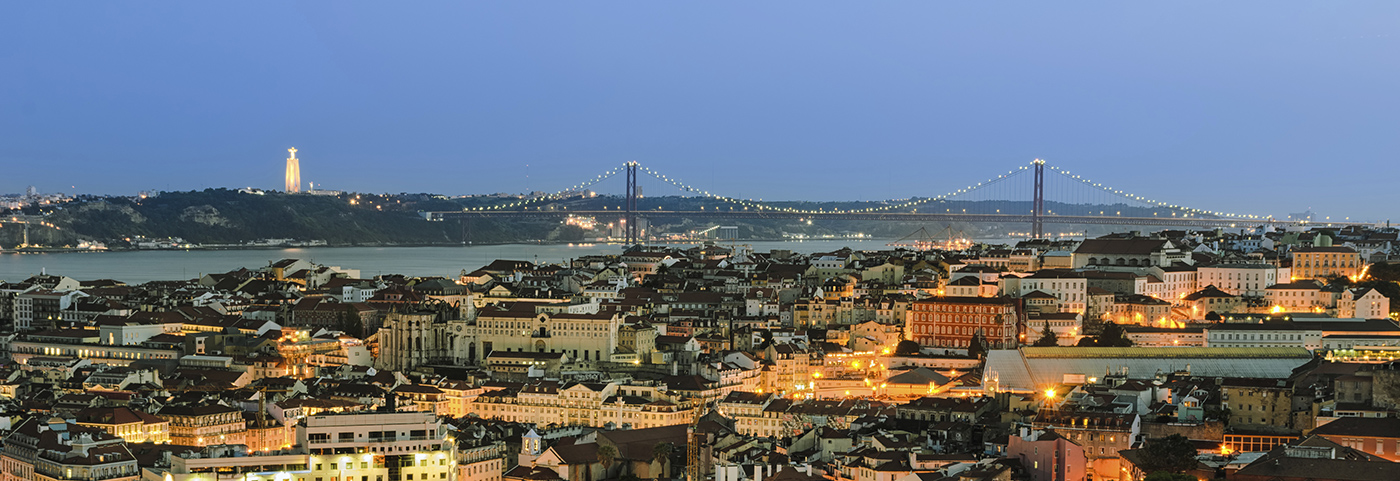Communication
Sudoe News
GREEN WEEK: 6 Sudoe measures to live “a greener life”
Categoría General
As every year, the Directorate General for environment of the European Commission reminds us how important it is to protect our environment by celebrating the so-called “Green Week”.
The environmental report of the European Commission
In April, the European Commission published the “Environmental Implementation Review”, a set of reports on the state of play of the environmental laws in Europe. The purpose of this text is to highlight the environmental situations in the EU Member States, identify the main difficulties when implementing environmental measures and provide recommendations and assistance to the Member States. This report is the result of analysis, dialogue and cooperation, on basis of biannual national reports and structural dialogues with every country (+ information).
A Green Week to improve the environmental legislation’s implementation
This year, the Green Week will focus on this report. The purpose of this huge international event, with conferences in Brussels and on site events across Europe, will be to motivate a complementary reflection to the document in view at developing measures to be taken to facilitate the implementation of the European environmental laws. Thus, some key questions will be answered such as: how do environmental measures benefit the citizens? How could we successfully implement the laws? Which are the most problematic areas? How could we give more voice to the citizens? Etc. Furthermore, there will be exhibitions on initiatives and environmental groups among those you will find Interreg Sudoe with other Interreg Transnational Programmes (+ information). You can consult the full programme here.
Interreg Sudoe: 6 measures to be greener
Interreg Sudoe finances projects to protect the environment and the natural resources. Indeed, around 20% of the programme’s total budget is meant to finance green initiatives.
1 Betting on green education
Kids and young people are the pillars of the future and that’s why their awareness on the environmental problematic remains key. With this in mind, we count on ClimACT (http://www.climact.net/), a project which educates on the importance to preserve the environment and the transition to a low-carbon economy. By combining energy efficiency’s improvement in schools with trainings, ClimACT works for a greener future.
2 Preventing environmental disasters
In 2017, forests fires incremented in 200% in Southwestern Europe, becoming a true scourge for our territories. And that’s why there is PLURIFOR (https://plurifor.efi.int/), a project which mitigates the effects of fires through the creation and improvement of management plans. Among its initiatives, we can mention the SILVALERT application, which allows informing the authorities, in real time, on risks by sending a picture.
3 Decontaminating our lands
Did you know that 3000000 European areas are contaminated by industrial activity? And SOIL TAKE CARE ((http://soiltakecare.eu/) provides a solution: it offers tools and methodologies to make a quick and low cost diagnosis of the contamination by metals and hydrocarbon in Southwestern Europe. Thus, the project provides information on the high risks areas, by identifying the strengths and weaknesses of the communities which face contamination, allowing the adaptation of the actions.

4 Keeping safe our biodiversity
Hay meadows are disappearing in Europe and with them, a huge associated biodiversity. The main cause? The variations related to the territory’s management: higher intensification in the easy access areas, and on the contrary, the abandonment of mountains and humid areas with, in addition, the urban pressure on areas, which are close to the urban centers. SOS PRADERAS (https://www.sospraderas.eu/) aims at safeguarding all the traditional knowledge related to hay meadows by associating it to the tools we already have to improve the conservation and increasing the hay meadows’ areas in at least 10 natural areas within Southwestern Europe.
5 Producing without contaminating
The production systems generate a high quantity of waste which has to be managed in order to avoid them to affect our ecosystem. In this sense, WETWINE (http://wetwine.eu/) manages the wine industry’s waste, which are generated during the wine production, and fosters the rational use of fertilisers on basis of the development of a pilot action: the anaerobic digestion in the use of wetlands to treat water and muds. By recycling and re-using, the project reduces in 90% the impact of the wine production on the natural heritage.
6 Developing greener cities
Did you ever think about the energy cost of a bus station and how this energy cost generates greenhouse emissions, with huge negative impact on our world? Because SUDOE STOP CO2 (http://www.sudoe-stopco2.eu/) yes! 48 bus and train stations from Southwestern Europe are part of the project network in order to reduce their energy bill and have a lower environmental impact. Through BIM models and the exchange of good practices, SUDOE STOP CO2 helps to get cleaner and eco-friendly cities.



